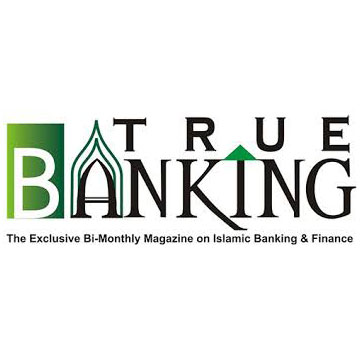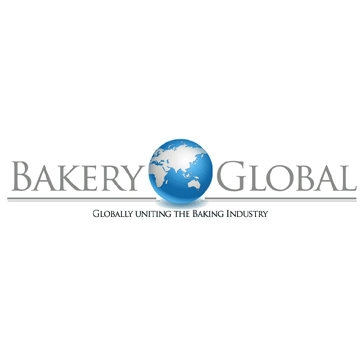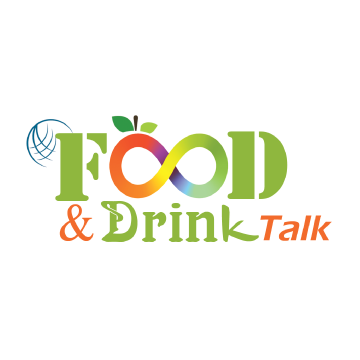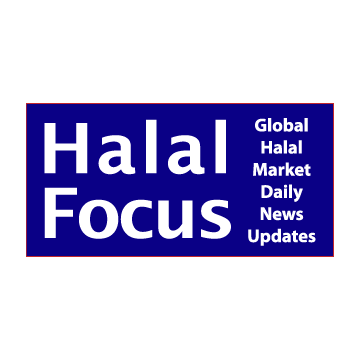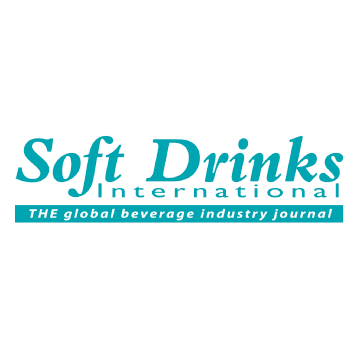About 80% of the Saudi Arabia’s food products is being imported from foreign countries. which is worth about $24 billion
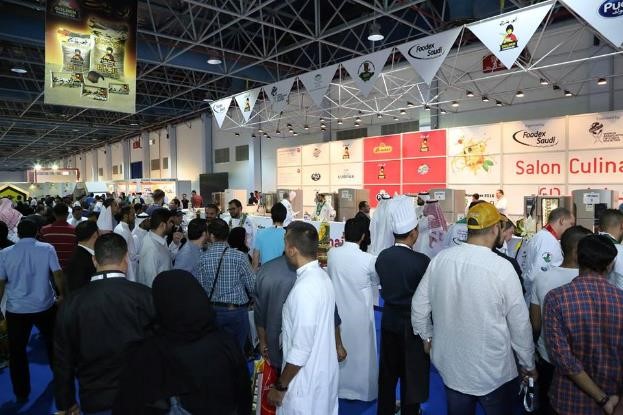
The report covers the present scenario and the growth prospects of the food retail market in Saudi Arabia for 2016-2020. To calculate the market size, the report has taken into consideration the revenue generated from the retail sales of food products in Saudi Arabia and has not included revenue generated from on-trade sales. It also includes the market size based on volume, which has been calculated based on the retail consumption of food products.
A trend which is helping to boost market growth is the increasing imports of food products. It is estimated that Saudi Arabia is importing about 80% of its food requirements, worth about $24 billion, from foreign countries. For religious reasons, all food products imported to Saudi Arabia must be certified halal and also Saudi Arabia bans the import of alcoholic beverages, pork meat, and food ingredients or additives that contain pork products, including pork fat, gelatin, and lard.
The key growth driver is the increase in number of retail outlets. Food retailers are trying to increase their store numbers so as to gain more market share and also access more consumer segments. Panda supermarket chain plans to increase its number of stores to 250 by 2020 from the current number of 240. Al Sadhan Supermarkets plans to increase its number of stores by 18 in the next 10 years. Also, Carrefour plans to increase its number of stores to 20 from 14 during the forecast period.
Source: Research and Markets
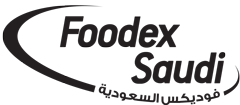
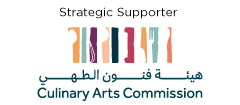

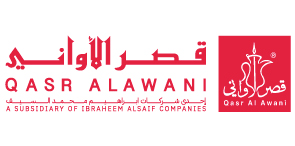
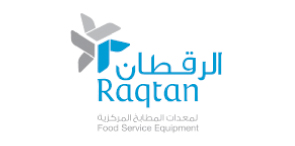

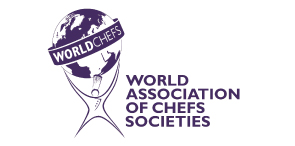
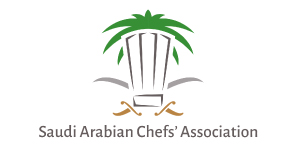



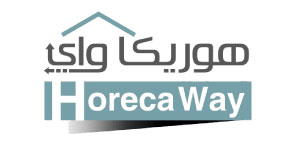

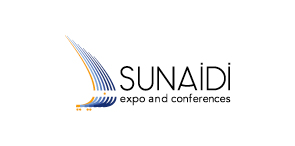
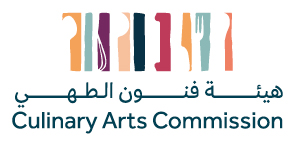




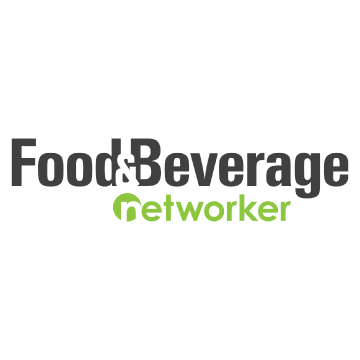
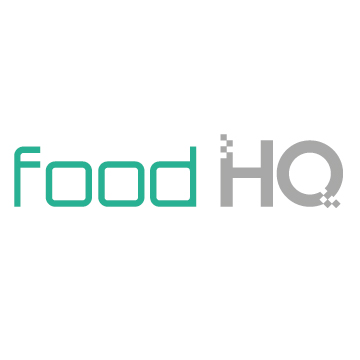
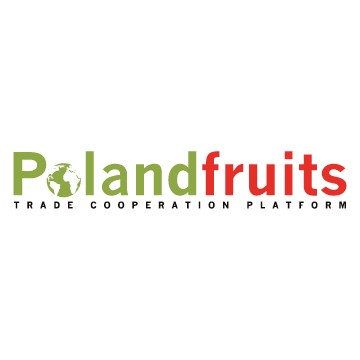
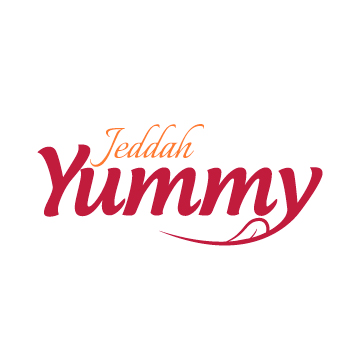




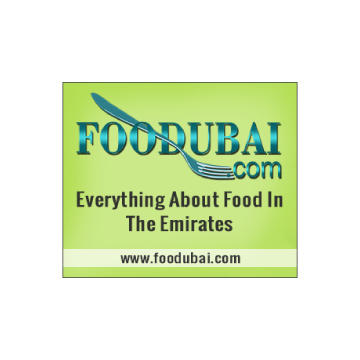

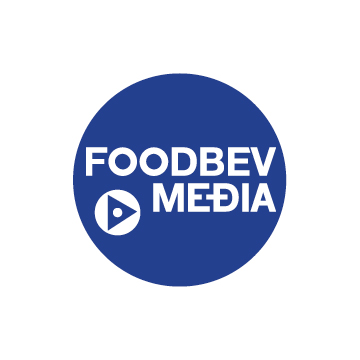




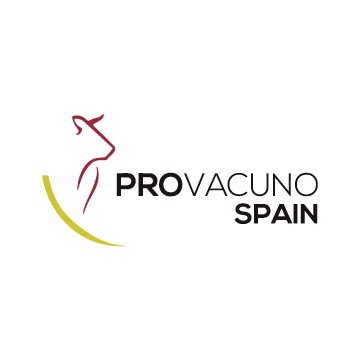


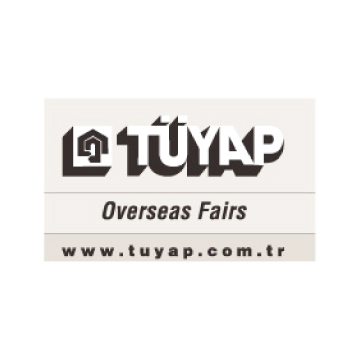

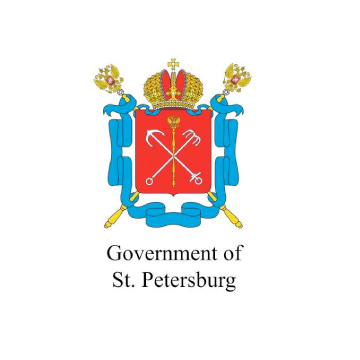
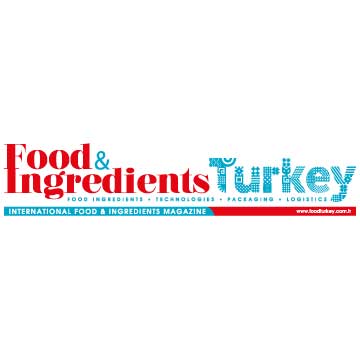
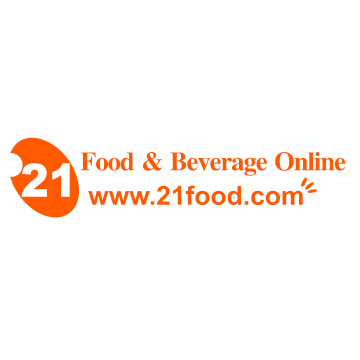
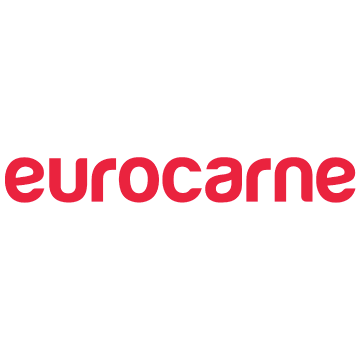
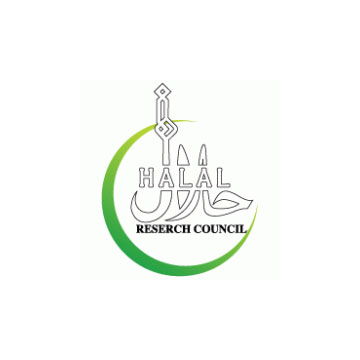
.jpg)
